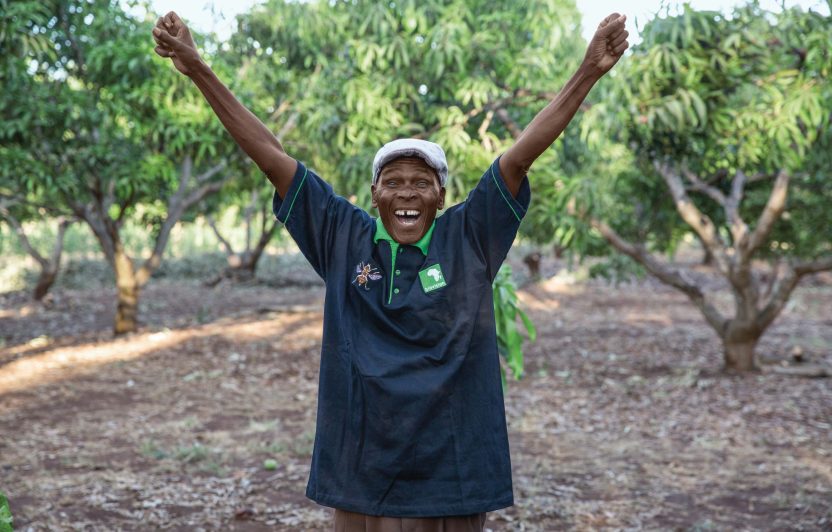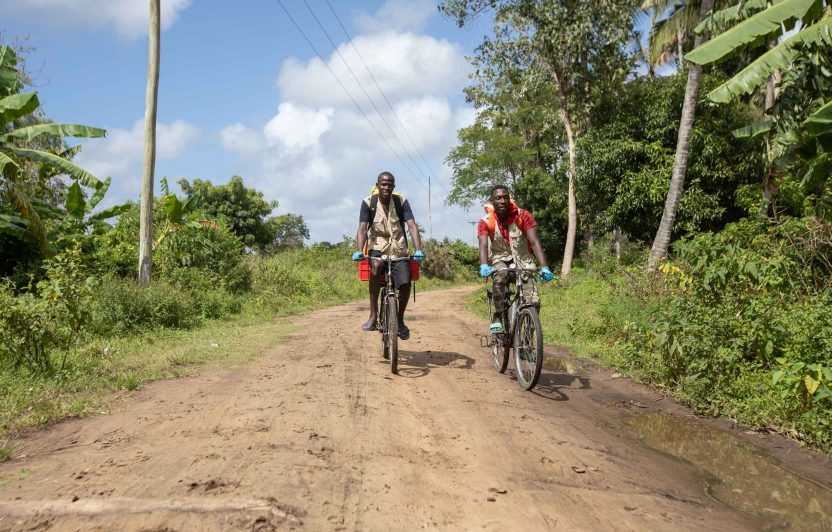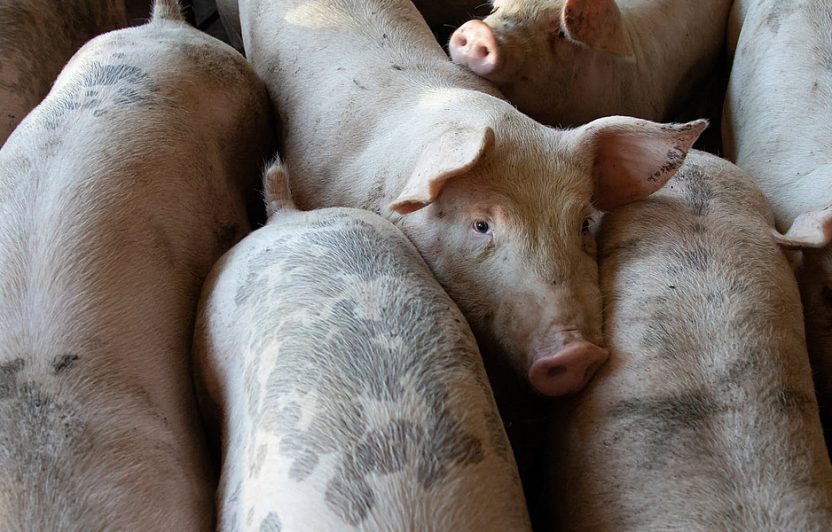Mr. Herren, are your findings indeed a breakthrough in malaria research?
Yes, they are. The breakthrough is that we found this microbe which is naturally found in mosquito populations. And we were able to show in the laboratory that the blockage of malaria in an infected mosqito is almost 100%. It probably already has an effect on malaria transmission in some places but we still need to find a way to increase the prevalence of this microbe. Then it will be possible to use this microbe in the fight against malaria.
How do the mosquitos get infected with the microbe in the first place?
We found that the mother mosquito transmits the microbe to her offspring. This is a quite common route of microbe transmission for insects. The combination of these two findings – that mother mosquitos pass on the microbe to their offspring and that the microbe completely blocks the transmission of malaria – feed in to a sustainable method to control malaria.
Would it be an option to spread the microbe to control malaria?
This is what we need to investigate now. When each malaria case is being transmitted to less than one person, the disease will be going down. So we have to find out how many mosquitos need to be infected with the microbe that this is the case. At some places it could already be enough to have 40 to 50% of the mosquito population infected with the microbe.
Why don’t we just try to get rid of the mosquito itself?
Past research has shown that this doesn’t work. The mosquitos find their strategies to survive, even against insecticides. To me it does not sound feasible when you try to get rid of a species that spreads across an entire continent.
Biovision is supporting icipe´s work for malaria control for years. Has this support done enough or is it necessary to further invest in malaria research?
Most of the research today aims at finding better ways of combining the different known methods for malaria control in order to be more effective. The umbrella term for this is integrated vector management. And this is key to control diseases. My research however is to develop new methods, because the existing methods all have their disadvantages and flaws. We are looking for new tools in the toolbox to better control malaria. And even my findings won’t be implemented on its own but only in combination with different other tools.
What are the next steps in your research?
We still have to proof that we found a cost-effective way to control malaria. For this we need to find out what conditions favour one mosquito to infect another. We already found some interesting clues. We know that male mosquitos infect female mosquitos when they mate. We also know that there is a stage where the microbe looks like a spore which can be helpful for the spread in the environment. So the next step will be to look at the population levels and what conditions are needed to spread it. After that we can do some calculations on how many spores and mosquitos we need to release in order to control malaria. But for this stage of the research we are still looking for funding.
In June, Biovision will release a report on the funding of agroecological research for development. What is your experience?
It has been difficult to get our project funded. Our research falls in the category of basic or fundamental science because we don’t have proof that this is going to work. Getting funds for that type of research in Africa is pretty tough. However, the concept now is demonstrated and hopefully we now get the chance to test it in the field.
Do you fear that the Corona pandemic could result in funding going to other projects than malaria control?
On one hand spending had to go into preventive measures or to keep economies going. On the other I think that people are much more aware of how important research on infective diseases is. Maybe in the short-term funds will go down, but in the long-term people might be more acceptant for higher investments in research on health matters.




